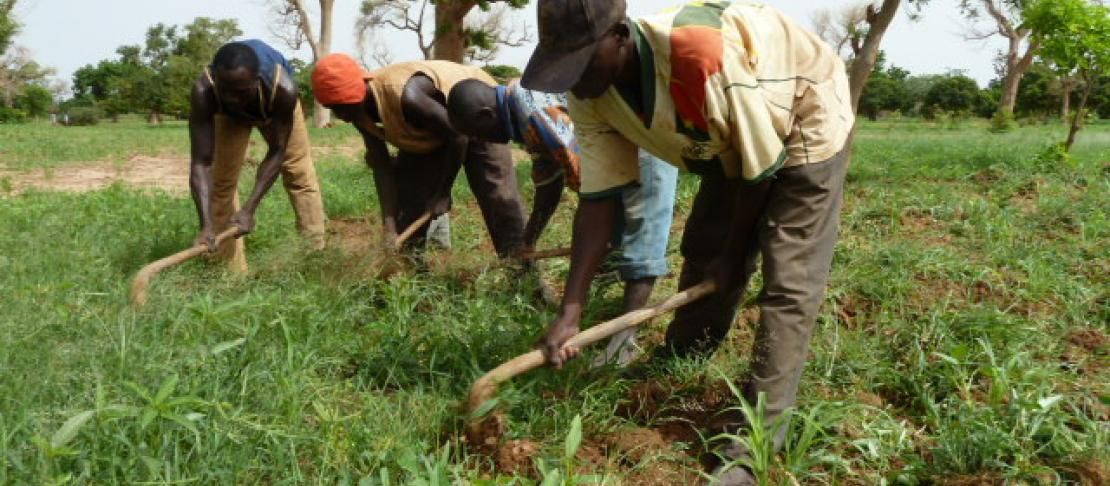Reflection and knowledge sharing needed for tackling climate change

A global exchange workshop brought together participants of two climate change adaptation initiatives to share their challenges and successes.
There is a growing certainty over the seriousness of climate change threats. This is prompting various initiatives for mitigation efforts to slow the rate of change and increase adaptation efforts to change existing practices and planning to produce more sustainable outcomes to overcome climatic stress. The large spectrum of initiatives to address climate change requires that policymakers, science experts, donors, and civil society are able to foster continuous learning from experience and early interventions.
Facilitating exchange and learning
Recognizing that most initiatives are diligently focused on their own activities, the United Nations Development Programme (UNDP) convened an exchange workshop in Niamey, Niger from 2-5 March to facilitate exchange and learning across these different institutional, national, and regional scales in order to share the benefits of learning from their respective challenges and successes on two important initiatives launched in 2013, the Canada-UNDP Climate Change Adaptation Facility (CCAF) and the Japan-UNDP Africa Climate Adaptation Food Security regional project (ACA).
Read more about the initiatives and the workshop: Proceedings of the global exvchange workshop on adaptation for food security and resilience (docx)
The workshop was organized around six thematic issues: i) Climate-related information and services, ii) Innovations in water, soil, energy and crop management technologies and approaches, iii) Strengthening policy and institutions to better integrate agriculture, food security and climate change, iv) Financing measures for resilience, v) Gender-sensitive approaches, and vi) Measuring impact of adaptation on development outcomes. Representatives from 13 countries (Benin, Burkina Faso, Cambodia, Cape Verde, Haiti, Kenya, Malawi, Moroco, Mozambique, Niger, Sudan, Tanzania and Zambia) shared experiences during the workshop discussions and documented critical lessons and successes emerging from their ongoing projects.
The context of West Africa
The CGIAR Research Program on Climate Change Adaptation and Food Security (CCAFS) presented its experience on Climate-Smart Agriculture: Actions to reduce agricultural vulnerability to climate.
We need to rethink the way we manage agriculture in order to sustainably increase production
The presentation provided an overview of climate change in West Africa, including its specific vulnerabilities and challenges, as well as future climate scenarios, featuring the predicted change in growth period for crops and decrease in productivity. It then introduced the concept and application of climate-smart agriculture (at both the farm and landscape levels). This presentation stressed that we need to rethink the way we manage agriculture in order to sustainably increase production without compromising other assets, while simultaneously increasing resilience, reducing greenhouse gas (GHG) emissions, and achieve food security.
For further information, please contact:
Robert Zougmore, CCAFS Regional Programme Leader for West Africa at R.Zougmore@cgiar.org.
Jennifer Baumwoll, CCAF project coordinator at Jennifer.baumwoll@undp.org.
Patrice Savadogo is a Scientist and works at World Agroforestry Centre & International Crop Research Institute for the Semi-Arid Tropic.
Sékou Touré is communications officer at CCAFS West Africa.
Maimouna Fané is Communications Intern at CCAFS West Africa.



